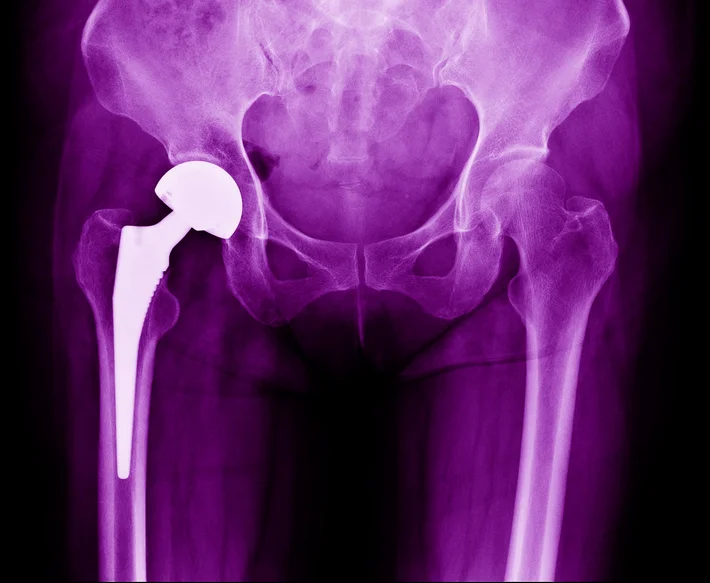
Meet with the best hip replacement physical therapists in Glendale, Arizona
Glendale, Arizona, Luna’s physical therapists have years of experience helping patients to recover from total hip replacement surgeries. With a focus on increasing mobility and reducing pain as safely and effectively as possible, our expert PTs will create tailored hip replacement recovery plans based on your individual goals and needs.
A hip arthroplasty is a major surgery, and the recovery process is often challenging. Luna’s PTs are dedicated to helping patients get back to their normal daily activities — as quickly as possible.
One of the primary challenges posed by hip arthroplasty recovery is that of movement and transportation — even just getting in and out of a car can make life difficult for these patients. That’s why at-home PT with Luna is so particularly effective for patients in recovery. Our physical therapists can meet you wherever you need them to, whether at home or in the office. It’s physical therapy, delivered.

What is a hip replacement?
Also called a hip arthroplasty, hip replacement surgery is a procedure during which a surgeon removes damaged sections of the hip joint and replaces them with metal, ceramic, and plastic prosthetics. Patients who are experiencing hip pain due to arthritis or other conditions may find that a hip replacement is their best option to reduce pain and improve function. Hip replacement surgery is typically considered only after more conservative treatments have proven unsuccessful in alleviating discomfort.
In some cases, patients who receive hip replacements may need a second hip replacement later on as the initial prosthetic wears down. Current procedures have done away with metal-on-metal prostheses, which can erode quickly. Surgeons typically favor metal-on-plastic or ceramic-on-plastic prosthetics.
Patients recovering from hip replacement surgery will need to engage in regular stretching, physical activity, and exercise in order to regain mobility. For this reason, physical therapy serves a crucial role in the recovery process.
Source: MayoClinic

Physical therapy for hip replacement in Glendale, Arizona
Following a total hip replacement surgery, patients will usually require physical therapy in both inpatient and outpatient settings. A physical therapist will likely visit the patient in the hospital immediately after the surgery, leading the patient through gentle stretches and exercises that will begin to restore strength and range of motion. The PT can also help the patient choose and learn to use an assistive walking device.
When the patient returns home, their physical therapist can assist in creating safe strategies for getting in and out of bed, climbing stairs, and increasing mobility over time. A PT will help lead the patient through hip strengthening exercises and prescribe safe cardio exercises such as walking or stationary cycling.
Source: Harvard Health Publishing





















